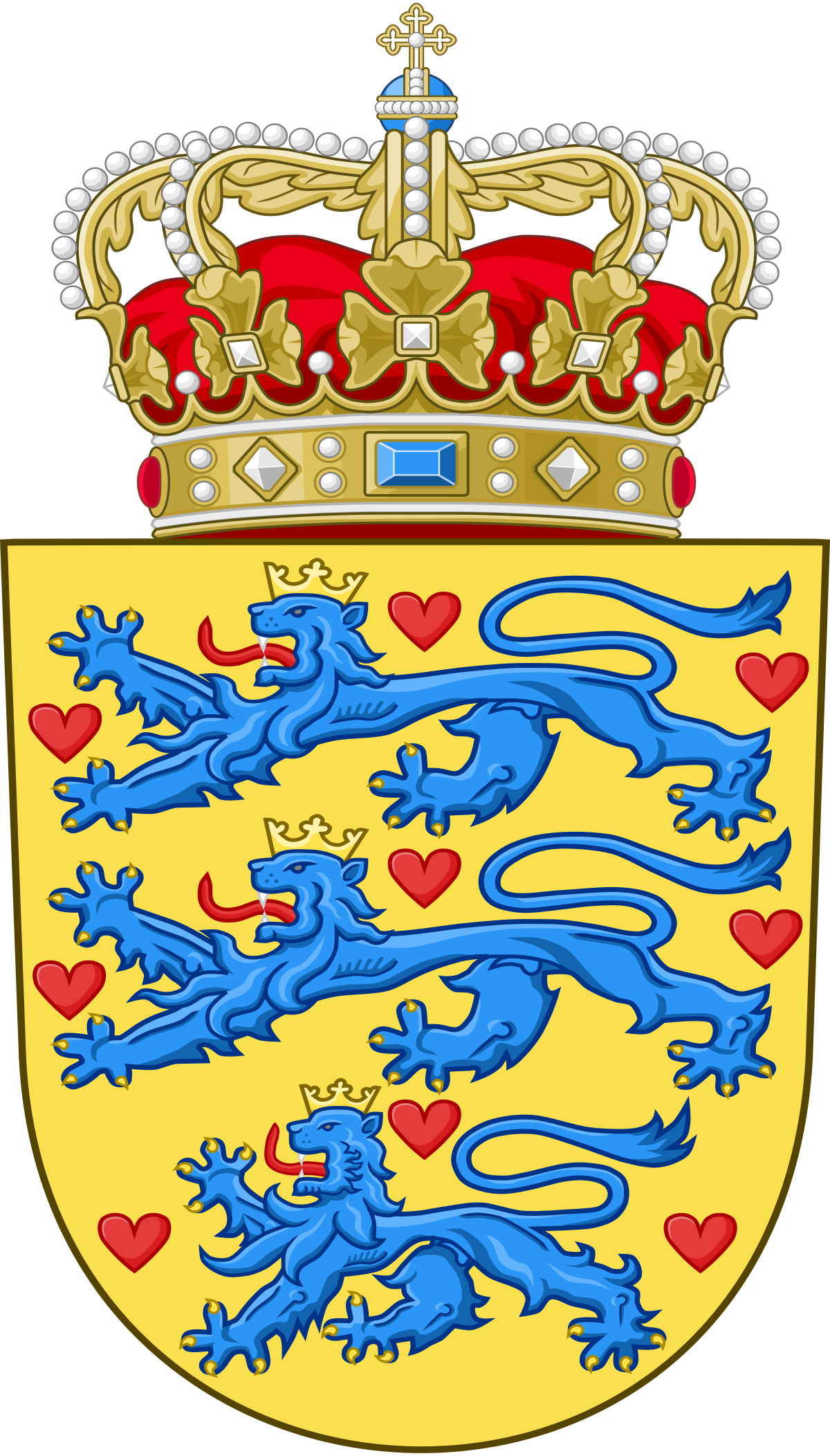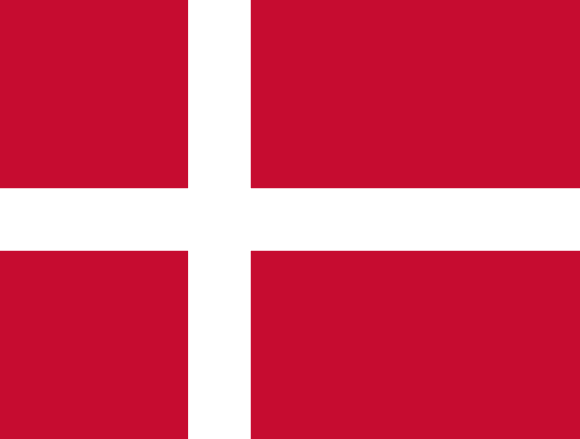
Denmark
God's help, the love of the people, Denmark's
strength!

History
Geography
Economy
Population
Interesting facts
The population of Denmark, as
registered by Statistics Denmark, was 5.825 million in
April 2020. Denmark has one of the oldest populations in
the world, with the average age of 41.9 years, with 0.97
males per female. Despite a low birth rate, the population
is growing at an average annual rate of 0.59% because of
net immigration and increasing longevity. The World
Happiness Report frequently ranks Denmark's population as
the happiest in the world. This has been attributed to the
country's highly regarded education and health care
systems, and its low level of income inequality. Denmark
is a historically homogeneous nation. However, as with its
Scandinavian neighbours, Denmark has recently transformed
from a nation of net emigration, up until World War II, to
a nation of net immigration. Today, residence permits are
issued mostly to immigrants from other EU countries (54%
of all non-Scandinavian immigrants in 2017). Another 31%
of residence permits were study- or work-related, 4% were
issued to asylum seekers and 10% to persons who arrive as
family dependants. Overall, the net migration rate in 2017
was 2.1 migrant(s)/1,000 population, somewhat lower than
the United Kingdom and the other Nordic countries. The Inuit are indigenous to Greenland in the Kingdom and
have traditionally inhabited Greenland and the northern
parts of Canada and Alaska in the Arctic. From the 18th
century up to the 1970s, the Danish government
(Dano-Norwegian until 1814) have through time tried to
assimilate the Greenlandic Inuit, encouraging them to
adopt the majority language, culture and religion. Because
of this "Danization process", several persons of Inuit
ancestry now identify their mother tongue as Danish.
Christianity is the dominant religion in Denmark. In
January 2020, 74.3% of the population of Denmark were
members of the Church of Denmark (Den Danske Folkekirke),
the officially established church, which is Protestant in
classification and Lutheran in orientation. The membership
percentage have been in steadily decline since the 1970s,
mainly as fewer newborns are being baptised into it. Only
3% of the population regularly attend Sunday services and
only 19% of Danes consider religion to be an important
part of their life. The Constitution states that the
sovereign must have the Lutheran faith, though the rest of
the population is free to adhere to other faiths.
The Inuit are indigenous to Greenland in the Kingdom and
have traditionally inhabited Greenland and the northern
parts of Canada and Alaska in the Arctic. From the 18th
century up to the 1970s, the Danish government
(Dano-Norwegian until 1814) have through time tried to
assimilate the Greenlandic Inuit, encouraging them to
adopt the majority language, culture and religion. Because
of this "Danization process", several persons of Inuit
ancestry now identify their mother tongue as Danish.
Christianity is the dominant religion in Denmark. In
January 2020, 74.3% of the population of Denmark were
members of the Church of Denmark (Den Danske Folkekirke),
the officially established church, which is Protestant in
classification and Lutheran in orientation. The membership
percentage have been in steadily decline since the 1970s,
mainly as fewer newborns are being baptised into it. Only
3% of the population regularly attend Sunday services and
only 19% of Danes consider religion to be an important
part of their life. The Constitution states that the
sovereign must have the Lutheran faith, though the rest of
the population is free to adhere to other faiths.